Oh, So Suite
Housing prices are near record levels and interest rates are on the rise. It is hardly surprising many buyers have and will continue to turn to “mortgage helpers” or secondary suites. This is a way to supplement their income or increase their purchasing power.
According to a May 2023 article from Statistics Canada1, British Columbia has, by far, the most “investor-occupants” in comparison with other provinces. This is a term which refers to a homeowner
who rents out a unit on a property that is also their primary residence. Many buyers will include a mortgage helper on their must-have list alongside an open-concept kitchen.
Properties with income potential likely enjoy a distinct advantage in the marketplace. REALTORS® and their clients should keep in mind that the legality of any secondary suite can present unique challenges and risks for both.
Legal or Not Legal, That Is The Question
A secondary suite is a self-contained dwelling unit with its own entrance, kitchen, bathroom, and sleeping accommodation. Typically it is within a larger single-family home. Sometimes it is an auxiliary self-contained building, such as a carriage house.
While bylaws differ from municipality to municipality, a secondary suite is only “legal” if it was created with a building permit. It must meet all zoning, health and safety, electrical, and fire standards.
The Serious Implications of Legality
There is a shortage of official statistics as to what percentage of all secondary suites in British Columbia are legal. The reality is that illegal suites are common and are often tenanted without serious
incident.
And while enforcement policies against illegal suites vary, many municipalities take a largely complaint-driven approach. They do not actively seek out illegal suites. Yet, if a municipality receives a complaint and discovers the operation of an illegal suite they may act on it.
The potential consequences can be both expensive and time-consuming for homeowners. In addition to hefty fines, municipalities can require homeowners to bring the secondary suite into compliance with all applicable bylaws and standards. They can also require the owner to remove the secondary suite altogether.
Municipalities also have the power to file a Notice on Title for an illegal secondary suite. This would alert potential buyers of a breach of government by-laws or regulations.
Claims Against REALTORS®
With such significant potential consequences for homeowners, it is not surprising that the legality of secondary suites is a consistent hotspot. Indeed, there are many regulatory and court decisions
regarding illegal secondary suites.
Buyers, sellers and realtors should be careful when dealing with suites. An illegal suite can help reduce mortgage payments for a buyer but could create a host of other issues in some instances. A buyer may be relying on that unauthorized accommodation for income.
Sellers should not imply a secondary suite is legal and can be rented legally unless they know it is. This means it has permits and meets all other requirements.
Do not make assumptions. If there is any doubt, confirm with the relevant municipality the legality of any secondary suite.
The risks are equally present for REALTORS®. A buyer relying on unauthorized accommodation for rental income could be extremely problematic. The buyer should know the potential consequences. Along with the loss of income in discontinuing the rental, this could affect the ability to make mortgage payments.
A special note regarding co-ownership
According to Statistics Canada, there is a high prevalence of buyers who seek to purchase real property in groups of three or more in British Columbia.
Buyers wishing to enter into a collective-housing arrangement should get independent legal and financing advice.
When it comes to secondary suites, however, if a group of buyers intend to occupy an illegal suite as part of a collective-housing arrangement, they should know of the associated risks. This includes the risk that the municipality may require the illegal suite to be removed. Similarly, they should know some municipalities may have bylaws restricting the number of maximum occupants in any given property.
Where necessary, it may be prudent to confirm with the appropriate authorities that their intended living arrangements comply with the applicable bylaws and regulations.

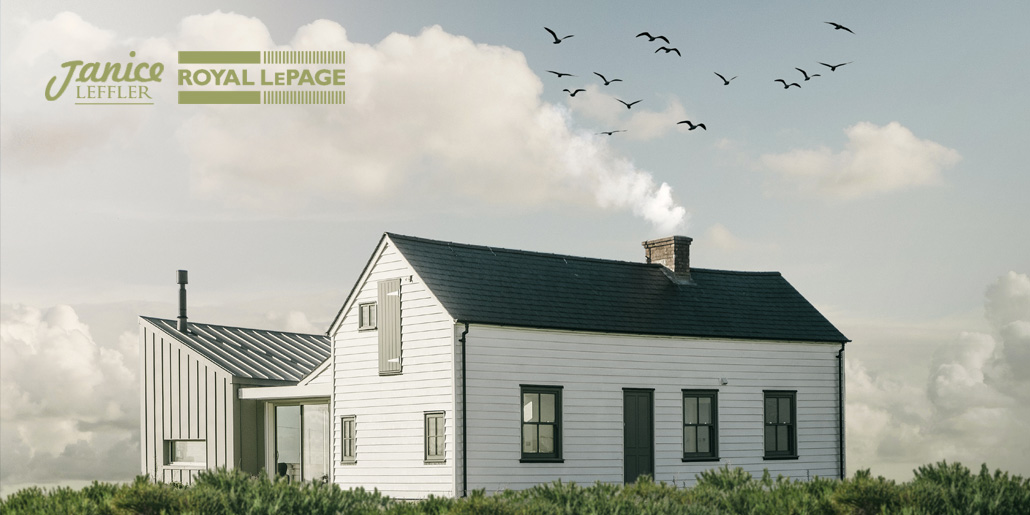
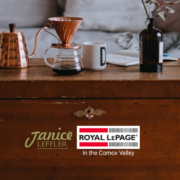
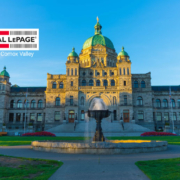
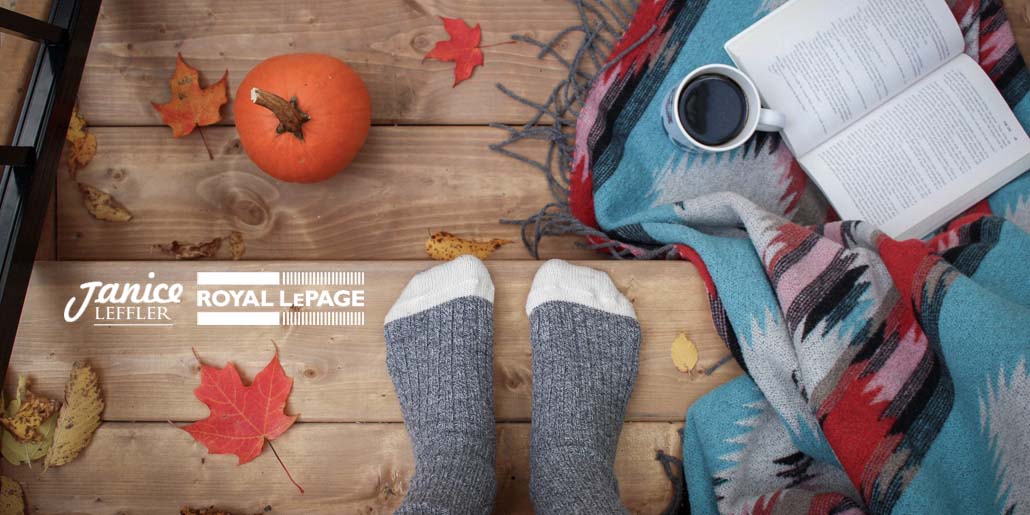


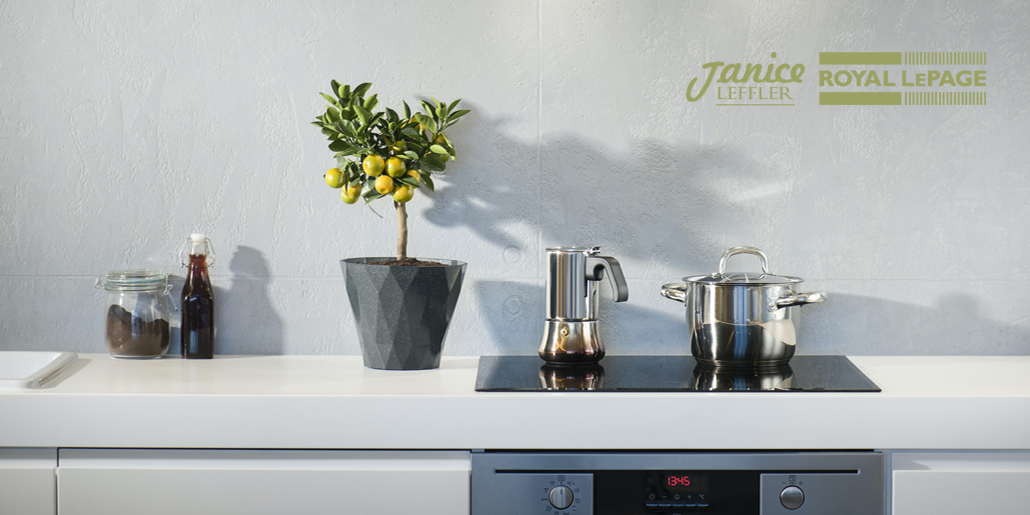




Leave a Reply
Want to join the discussion?Feel free to contribute!